Chicago's diverse manufacturing sector represents a significant portion of the metropolitan area's $770.7 billion gross economic output, with companies increasingly recognizing that ISO 9001 certification provides essential competitive advantages in global markets. According to the International Trade Centre, companies with ISO 9001 certified status report average sales increases of 15-20% following implementation.
Getting ISO 9001 certification in Chicago transforms quality management from reactive problem-solving into a proactive competitive strategy. This comprehensive guide provides Chicago manufacturers with actionable steps to achieve ISO certification while leveraging local resources and expertise for maximum efficiency.
What is ISO 9001 Certification, and Why Chicago Businesses Need It
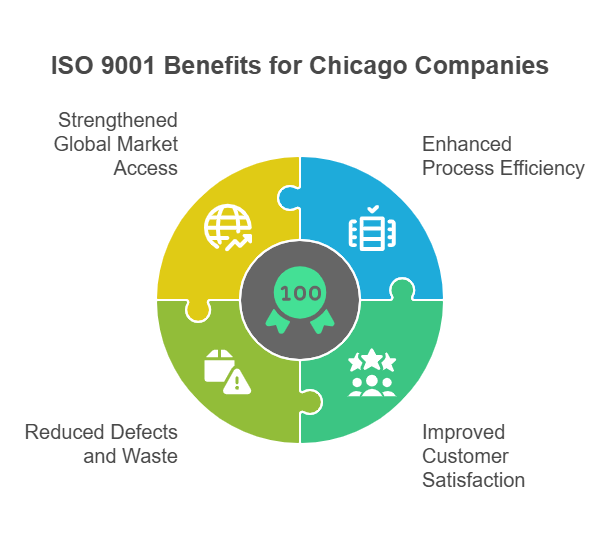
ISO 9001 represents the world's most recognized quality management standard, providing frameworks that help organizations consistently deliver products and services meeting customer and regulatory requirements. The ISO 9001 standard emphasizes process improvement, customer focus, and leadership engagement that drives measurable business results.
Chicago's diverse manufacturing landscape—from aerospace to food processing—benefits significantly from standardized quality approaches that ISO 9001 certification provides. Companies achieve improved operational efficiency, enhanced customer satisfaction, and strengthened market positioning through systematic implementation.
Understanding the ISO 9001 Standard Requirements
ISO 9001 standard requirements center on seven quality management principles: customer focus, leadership, engagement of people, process approach, improvement, evidence-based decision making, and relationship management. These principles integrate to create comprehensive quality management systems that drive organizational excellence.
The standard requires organizations to establish documented quality management systems, implement risk-based thinking, and demonstrate continuous improvement through systematic measurement and analysis. Modern implementations leverage digital platforms to streamline compliance while maintaining audit readiness.
Key Benefits of ISO 9001 for Chicago Companies
Benefits of ISO 9001 extend far beyond compliance, delivering measurable improvements in operational performance and market competitiveness. According to ISO's meta-analysis of 42 empirical studies, certified organizations achieve significant benefits, particularly through increased sales and operational efficiency:
- Enhanced process efficiency through systematic quality management
- Improved customer satisfaction scores and retention rates
- Reduced product defects and operational waste
- Strengthened access to global markets requires quality standards
These improvements translate directly into increased profitability and sustainable competitive advantages that position Chicago businesses for long-term success.
Industries in Chicago That Benefit Most from Quality Management Systems
Chicago's industrial diversity creates opportunities for quality management system implementation across multiple sectors. Manufacturing, healthcare, transportation, and professional services organizations achieve significant value from systematic quality approaches.
Aerospace manufacturers like Boeing's Chicago operations utilize ISO 9001 to maintain supply chain quality and regulatory compliance. Food processing companies leverage the standard to ensure product safety while meeting FDA requirements. Professional services firms implement quality systems to improve client satisfaction and operational consistency.
Get ISO 9001 Certified Faster with BPRHub – Start Your Quality Journey Today
📍 Book a Demo
📧 hello@bprhub.com
Complete ISO 9001 Certification Process: Step-by-Step Guide
The ISO 9001 certification process requires systematic planning and execution across eight distinct phases. Successful implementations balance thoroughness with operational efficiency, ensuring that quality systems support business objectives rather than creating administrative burdens.
Each phase builds upon previous work, creating momentum that accelerates implementation while maintaining quality and compliance throughout the process.
Step 1: Understanding ISO 9001 Certification Requirements
ISO 9001 certification requirements encompass both mandatory standard elements and certification body expectations. Organizations must demonstrate systematic implementation of quality management principles through documented procedures, trained personnel, and measurable results.
The requirements include establishing quality policy and objectives, implementing risk-based approaches, maintaining documented information, and conducting internal audits that verify system effectiveness. Understanding these requirements enables organizations to plan implementation strategies that align with business objectives.
Step 2: Conducting Gap Analysis for Your Current Systems
Gap analysis compares existing quality practices against ISO 9001 requirements, identifying areas requiring development or enhancement. This assessment provides roadmaps for implementation while highlighting existing strengths that support certification efforts.
Effective gap analysis examines documentation systems, process controls, training programs, and measurement practices. The analysis should identify resource requirements, timeline expectations, and potential implementation challenges that could impact certification success.
Step 3: Implementing ISO 9001 Quality Management System
Implementing ISO 9001 requires systematic development of quality processes that integrate with existing business operations. Successful implementations focus on practical solutions that improve operational efficiency while satisfying standard requirements.
The implementation should establish clear process flows, define roles and responsibilities, and create measurement systems that monitor performance against quality objectives. Documentation should support daily operations rather than existing solely for audit purposes.
Step 4: Creating Essential ISO 9001 Documentation
ISO 9001 documentation requirements include quality manuals, documented procedures, work instructions, and quality records that demonstrate system implementation. Modern approaches emphasize streamlined documentation that supports operations while maintaining compliance.
Essential documents include quality policy statements, organizational charts showing quality responsibilities, process flow diagrams, and record templates that capture quality data. Documentation should be accessible, current, and regularly reviewed for continued effectiveness.
For detailed guidance on documentation requirements, refer to BPRHub's comprehensive documentation control guide.
Step 5: ISO 9001 Training for Your Team
ISO 9001 training ensures personnel understand their roles in maintaining quality systems while developing the competencies necessary for effective implementation. Training programs should address standard requirements, organizational procedures, and individual responsibilities.
Effective training includes general awareness sessions for all personnel, detailed training for process owners, and specialized instruction for internal auditors. The program should include competency assessments and ongoing refresher training that maintains system effectiveness.
Step 6: Conducting Internal ISO 9001 Audits
ISO 9001 audit processes verify system implementation while identifying opportunities for improvement. Internal audits should be conducted by trained auditors who understand both standard requirements and organizational operations.
Audit programs should cover all quality system elements systematically, focusing on process effectiveness rather than documentation compliance alone. Findings should drive corrective actions that strengthen system performance while preparing for external certification audits.
Step 7: Selecting Certification Bodies in Chicago
ISO 9001 certification companies provide third-party verification that quality systems meet standard requirements. Chicago businesses should select certification bodies based on industry expertise, accreditation status, and service quality rather than cost alone.
Reputable certification bodies include DEKRA, SGS, Bureau Veritas, and UL, all maintaining offices serving the Chicago market. The selection should consider auditor expertise, scheduling flexibility, and ongoing support services that facilitate long-term certification maintenance.
Step 8: External Audit and Certification Review Process
The ISO certification process concludes with external audits conducted by certification body representatives. These audits verify that quality systems meet standard requirements and operate effectively within organizational contexts.
The process typically includes document review, on-site assessment, and corrective action verification phases. Successful completion results in certificate issuance and entry into surveillance audit cycles that maintain certification validity.
ISO 9001 Certification Cost Breakdown for Chicago Businesses
ISO 9001 certification cost varies significantly based on organizational size, complexity, and implementation approach. Chicago businesses should budget for both initial certification expenses and ongoing maintenance costs that sustain certification benefits.
Understanding cost components enables accurate budgeting and informed decisions about implementation strategies, consultant utilization, and internal resource allocation.
Factors Affecting ISO Certification Cost in Chicago
ISO certification cost depends on multiple variables, including organization size, industry complexity, current quality system maturity, and chosen implementation approach. Larger organizations typically face higher costs due to the scope and complexity requirements.
Industry-specific factors such as regulatory requirements, safety considerations, and technical complexity influence implementation costs. Organizations with existing quality systems often achieve certification more cost-effectively than those starting from scratch.
Chicago's competitive consulting market provides cost advantages compared to other major metropolitan areas, with local expertise available at reasonable rates.
Total Investment Required to Get ISO 9001 Certification
The cost to get ISO 9001 certification typically ranges from $15,000 to $50,000 for small to medium-sized Chicago manufacturers, according to Compliance and Safety's 2023 Certification Cost Analysis. This investment includes:
- Consultant fees: $8,000 - $25,000
- Training costs: $2,000 - $5,000
- Documentation development: $2,000 - $8,000
- Certification body fees: $3,000 - $12,000
The investment generates returns through improved efficiency, reduced waste, and enhanced market access that typically recover costs within 12-18 months.
Ongoing Costs for ISO 9001 Compliance Maintenance
ISO 9001 compliance maintenance requires annual surveillance audits, periodic recertification, and ongoing system improvement activities. Annual costs typically range from $5,000 to $15,000, depending on organizational size and complexity.
These costs include surveillance audit fees, internal audit activities, training updates, and system maintenance efforts. Organizations often achieve cost reductions over time as systems mature and efficiency improvements compound.
Finding the Right ISO 9001 Consultants in Chicago
ISO 9001 consultants provide expertise and guidance that accelerate implementation while ensuring compliance with standard requirements. Chicago's consulting market offers diverse options ranging from individual practitioners to large consulting firms.
Selecting appropriate consultants requires evaluation of industry experience, methodology compatibility, and service quality rather than focusing solely on cost considerations.
How to Choose ISO 9001 Certification Services
ISO 9001 certification services should align with organizational needs, culture, and implementation objectives. Effective consultants combine technical expertise with practical implementation experience that delivers measurable results.
Evaluation criteria should include consultant credentials, industry experience, client references, and methodology compatibility. The consultant should demonstrate understanding of Chicago's business environment and regulatory landscape.
Working with Local vs National ISO Consultants
ISO certification consultants vary in scope, expertise, and service delivery approaches. Local consultants often provide personalized service and Chicago market knowledge, while national firms offer broader resources and standardized methodologies.
Local advantages include accessibility, market understanding, and flexible service delivery. National firms provide extensive resources, proven methodologies, and cross-industry experience that benefits complex implementations.
Timeline to Become ISO 9001 Certified in Chicago
Become ISO 9001 certified. Timelines vary based on organizational readiness, resource availability, and implementation complexity. Chicago businesses typically achieve certification within 6-12 months of project initiation.
Understanding timeline factors enables realistic planning and resource allocation that ensures successful implementation without operational disruption.
Typical Timeframe for Getting ISO 9001 Certified
Getting ISO 9001 certified requires systematic progression through implementation phases that build system capability while maintaining operational effectiveness. Typical timelines include:
- Gap analysis and planning: 2-4 weeks
- System development and documentation: 8-16 weeks
- Implementation and training: 4-8 weeks
- Internal audits and corrections: 4-6 weeks
- External certification audit: 2-4 weeks
These phases may overlap, with experienced organizations often achieving faster implementation through focused effort and expert guidance.
Factors That Speed Up or Delay Obtaining ISO 9001 Certification
Obtaining ISO 9001 certification timeline depends on several critical factors, including management commitment, resource allocation, and current system maturity. Organizations with existing quality systems often achieve faster implementation.
Factors that accelerate certification include dedicated project management, experienced consultant support, and strong internal quality culture. Delays typically result from inadequate resource allocation, insufficient management support, or complex organizational structures.
Fast-Track Options to Get ISO 9001 Certification
Get ISO 9001 certification, accelerated approaches focus on streamlined implementation that maintains compliance while reducing timeline requirements. These options typically involve intensive consultant support and concentrated internal effort.
Fast-track programs may achieve certification within 3-6 months through focused workshops, accelerated documentation development, and intensive training programs. Success requires strong management commitment and adequate resource allocation.
Essential Documentation for ISO 9001 Quality Management System
ISO 9001 quality management system documentation provides the foundation for systematic quality implementation. Modern approaches emphasize practical documentation that supports operations while satisfying standard requirements.
Effective documentation systems balance compliance requirements with operational utility, ensuring that documents serve business purposes rather than existing solely for audit compliance.
Required Documents for ISO 9001 Compliance
ISO 9001 compliance documentation includes mandatory procedures, work instructions, and records that demonstrate system implementation. The standard requires a documented quality policy, quality objectives, and scope of the quality management system.
Essential procedures address document control, records management, internal audits, management review, corrective actions, and preventive actions. Additional documentation depends on organizational context and process complexity.
Quality Manual Requirements
Quality management system manuals provide overviews of organizational quality approaches while referencing detailed procedures and work instructions. Modern manuals emphasize process relationships and improvement methodologies rather than lengthy procedure descriptions.
The manual should describe organizational context, quality policy and objectives, process interactions, and key performance indicators that measure system effectiveness. Digital formats enable easier maintenance and distribution.
Standard Operating Procedures Documentation
ISO 9001 documentation includes standard operating procedures that define how key processes operate within the quality management system. These procedures should be practical, accessible, and regularly updated to reflect operational realities.
Procedures should define process inputs and outputs, responsible parties, required resources, and measurement criteria. Visual aids such as flowcharts enhance understanding while reducing training requirements.
For detailed procedure development guidance, reference BPRHub's quality record retention procedures.
Record Keeping for ISO 9001 Audit Preparation
ISO 9001 audit preparation requires systematic record-keeping that demonstrates process implementation and system effectiveness. Records should be legible, retrievable, and protected against deterioration or loss.
Essential records include training documentation, internal audit results, management review outputs, and corrective action tracking. Electronic systems often provide better organization and retrieval capabilities than paper-based approaches.

ISO 9001 Internal Auditor Training Requirements
ISO 9001 internal auditor training develops the capabilities necessary for effective system assessment and improvement identification. Trained auditors provide an objective evaluation of system effectiveness while identifying enhancement opportunities.
Training programs should address auditing principles, standard requirements, and audit techniques that generate valuable organizational insights.
Building Internal Audit Capabilities
ISO 9001 audit capabilities require trained personnel who understand both standard requirements and organizational operations. Internal auditors should possess communication skills, analytical thinking, and objectivity necessary for effective assessment.
Audit teams benefit from diverse backgrounds that provide different perspectives on system effectiveness. Rotation of audit assignments prevents familiarity bias while developing broader organizational audit capability.
Training Programs Available in Chicago
ISO 9001 training providers in Chicago offer various programs addressing different organizational needs and skill levels. Training options include public courses, on-site programs, and virtual learning that accommodates different schedules and preferences.
Local training providers include ASQ Chicago Section, IIL, and various consulting firms offering specialized programs. Selection should consider trainer qualifications, program content, and practical application opportunities.
Maintaining Auditor Competence
Quality management certification maintenance requires ongoing education and practical experience that keeps auditors current with standard updates and best practices. Competence maintenance includes continuing education, audit practice, and peer interaction.
Organizations should establish auditor competence requirements, provide ongoing training opportunities, and monitor audit effectiveness through performance review and feedback systems.
Common Challenges When Getting ISO 9001 Certified
Getting ISO 9001 certified presents common challenges that organizations can address through proper planning and execution. Understanding these challenges enables proactive mitigation strategies that smooth implementation processes.
Successful organizations anticipate challenges and develop strategies that maintain project momentum while ensuring quality outcomes.
Documentation Pitfalls to Avoid
ISO 9001 documentation challenges include over-documentation, inadequate document control, and failure to align documentation with actual practices. Organizations should focus on useful documentation that supports operations rather than creating documents solely for audit purposes.
Common pitfalls include copying generic procedures without customization, creating overly complex documentation systems, and failing to maintain document currency. Regular review and update processes prevent documentation from becoming operational burdens.
Employee Resistance and Training Issues
ISO 9001 training challenges often involve employee resistance to change and inadequate communication about system benefits. Successful implementations address concerns through open communication and demonstration of practical benefits.
Resistance typically stems from fear of increased bureaucracy, concern about job security, or skepticism about change benefits. Addressing these concerns through transparent communication and involving employees in system development reduces resistance.
Maintaining ISO 9001 Compliance After Certification
ISO 9001 compliance maintenance requires ongoing attention to system effectiveness and continuous improvement. Organizations must avoid treating certification as an endpoint rather than the beginning of a quality journey.
Common maintenance challenges include complacency after certification, inadequate management attention, and failure to adapt systems to changing business needs. Regular management review and employee engagement maintain system vitality.
For comprehensive guidance on addressing climate change considerations in quality systems, explore BPRHub's climate change amendment guide.
Maintaining Your ISO 9001 Certification Long-Term
ISO 9001 certification maintenance requires systematic attention to system effectiveness and continuous improvement. Long-term success depends on treating certification as a business tool rather than a regulatory burden.
Sustained certification benefits require ongoing management commitment, employee engagement, and system adaptation to changing business environments.
Annual Surveillance Audits
ISO 9001 audit surveillance occurs annually to verify continued system effectiveness and compliance with standard requirements. These audits focus on system operation rather than documentation review alone.
Surveillance audits examine different system elements each year, ensuring comprehensive coverage over the three-year certification cycle. Organizations should maintain audit readiness through ongoing internal audits and management review activities.
Continuous Improvement Requirements
Quality management system effectiveness depends on continuous improvement activities that enhance performance while adapting to changing business needs. Improvement should be systematic and based on data analysis rather than ad hoc problem-solving.
Improvement activities include process optimization, waste reduction, customer satisfaction enhancement, and employee development. The system should identify improvement opportunities through various inputs, including audit findings, customer feedback, and performance data.
Recertification Process Every Three Years
ISO certification process recertification occurs every three years through comprehensive audits that verify continued system effectiveness. These audits examine all system elements while assessing improvement achievements and ongoing compliance.
Recertification preparation should begin early in the certification cycle through systematic review of system changes, performance data, and improvement activities. Organizations should demonstrate value realization and continuous enhancement throughout the certification period.
How BPRHub Helps with ISO 9001 Certification
BPRHub's comprehensive Quality, Compliance, and Governance platform revolutionizes ISO 9001 certification implementation by centralizing all quality management activities within unified, intelligent systems. The platform transforms complex standard requirements into streamlined operational workflows that accelerate certification while ensuring long-term compliance.
With automated document control, real-time audit readiness monitoring, and integrated training management, BPRHub enables Chicago organizations to achieve ISO 9001 certified status faster while reducing implementation costs. The platform's Unified Compliance Framework manages multiple standards simultaneously, eliminating duplicate workflows that traditionally consume valuable resources.
BPRHub's intelligent analytics identify improvement opportunities, track performance metrics, and generate reports that demonstrate continuous improvement to certification bodies. This data-driven approach strengthens audit performance while supporting strategic decision-making that drives business results.
Streamline Compliance & Boost Profits – Book Your Free BPRHub Demo Now!
📍 Book a Demo
📧 hello@bprhub.com
Key Takeaways
→ ISO 9001 certification in Chicago typically requires 6-12 months and $15,000-$50,000 investment, but generates 15-20% revenue increases within two years
→ ISO 9001 certification process involves eight systematic steps from gap analysis through external audit, requiring dedicated project management and expert guidance
→ ISO certification cost depends on organizational size and complexity, with ongoing maintenance requiring $5,000-$15,000 annually for surveillance audits and system updates
→ ISO 9001 consultants selection should prioritize industry experience and methodology compatibility over cost, with Chicago offering competitive consulting rates
→ ISO 9001 documentation requirements emphasize practical documents supporting operations rather than extensive paperwork created solely for audit purposes
→ BPRHub's platform streamlines ISO 9001 certification through automated workflows, centralized documentation, and real-time compliance monitoring that accelerates implementation
FAQ
Q. How long does ISO 9001 certification take?
ISO 9001 certification typically takes 6-12 months for Chicago businesses, depending on organizational size, current quality system maturity, and resource allocation. The timeline includes gap analysis (2-4 weeks), system development and documentation (8-16 weeks), implementation and training (4-8 weeks), internal audits (4-6 weeks), and external certification audit (2-4 weeks). Organizations with existing quality systems often achieve faster implementation, while fast-track options can reduce timelines to 3-6 months with intensive consultant support.
Q. What does ISO 9001 certification cost?
ISO 9001 certification cost ranges from $15,000-$50,000 for small to medium Chicago manufacturers, including consultant fees ($8,000-$25,000), training ($2,000-$5,000), documentation development ($2,000-$8,000), and certification body fees ($3,000-$12,000). Ongoing maintenance costs $5,000-$15,000 annually for surveillance audits and system updates. The investment typically recovers within 12-18 months through improved efficiency and reduced operational costs.
Q. Who can help with ISO 9001 certification in Chicago?
ISO 9001 certification services in Chicago include consultants, training providers, and certification bodies. Leading certification companies serving Chicago include DEKRA, SGS, Bureau Veritas, and UL Solutions. Local consultants offer personalized service and market knowledge, while national firms provide extensive resources and proven methodologies. Selection should consider industry expertise, credentials, and service quality rather than cost alone.
Q. What documents are required for ISO 9001?
ISO 9001 documentation requirements include quality policy and objectives, scope statement, organizational charts, process flow diagrams, documented procedures for key processes, work instructions, and quality records. Essential procedures address document control, records management, internal audits, management review, and corrective actions. Modern approaches emphasize streamlined documentation that supports operations while maintaining compliance, with digital systems providing better organization and accessibility.
Q. How often do you need ISO 9001 audits?
ISO 9001 audit requirements include annual surveillance audits and comprehensive recertification audits every three years. Surveillance audits verify continued system effectiveness and examine different system elements each year. Internal audits should be conducted regularly to maintain system effectiveness and prepare for external audits. Organizations should maintain continuous audit readiness through ongoing monitoring and management review activities rather than preparing only for scheduled audits.
Get insights that help you minimize risks and maximize profits.
Dive deeper into manufacturing compliance with our free resources.
We get it, compliance can get tough.
Here are some additional resources to help.
We get it, compliance can get tough. Here are some additional resources to help.
Get updates in your inbox

.svg)
%20(1).svg)
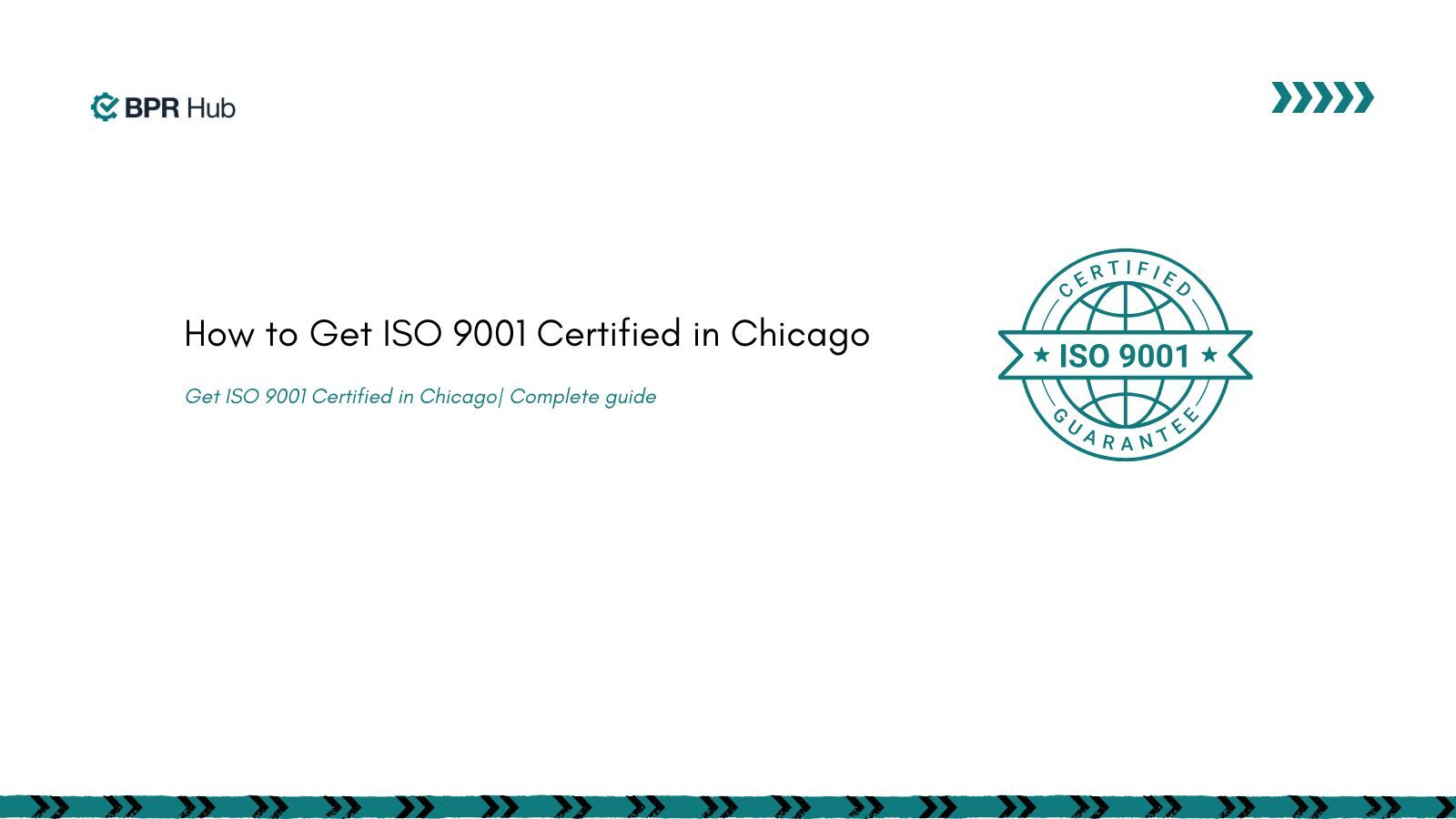


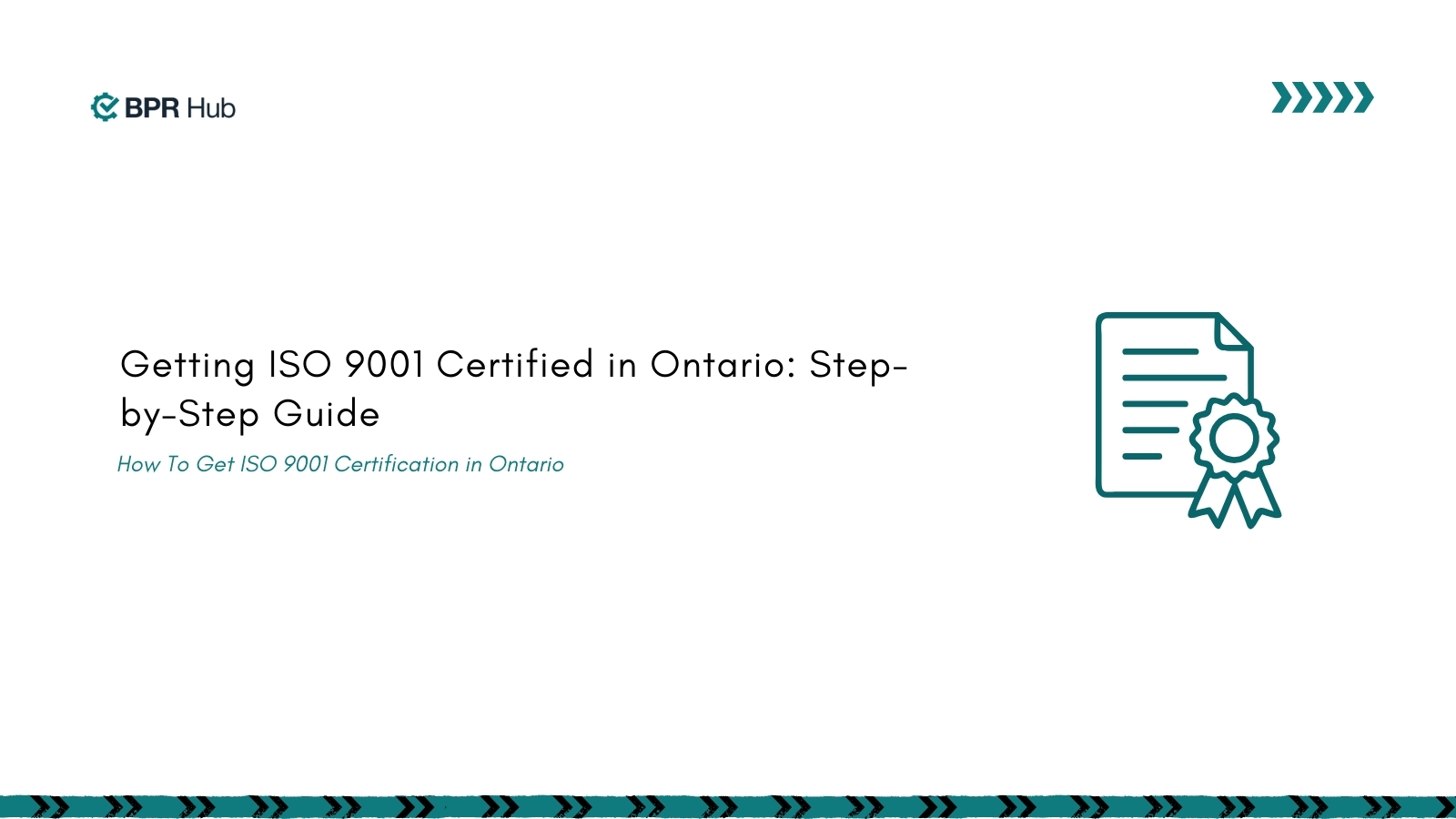
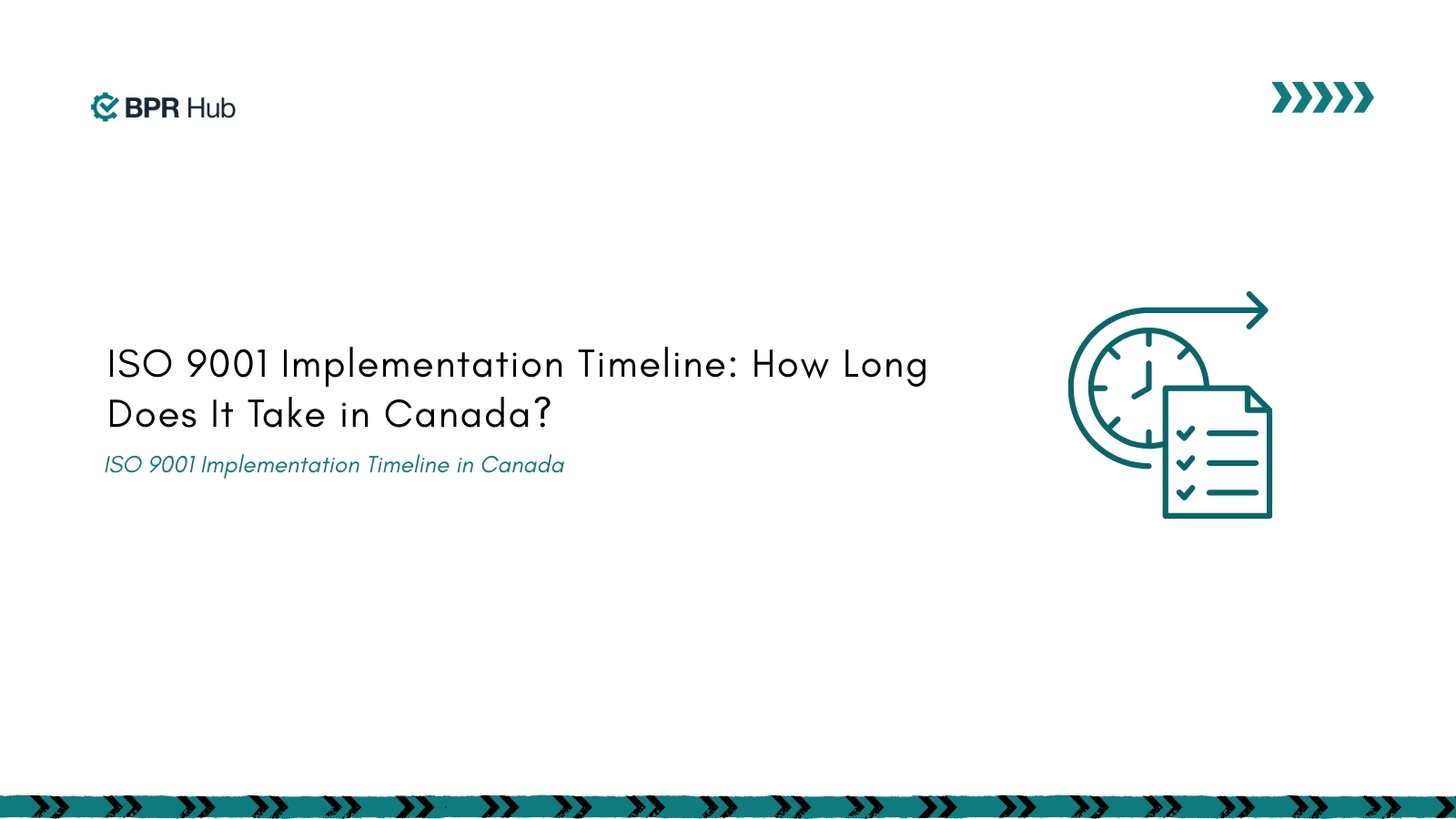
%20(1).svg)

.avif)

